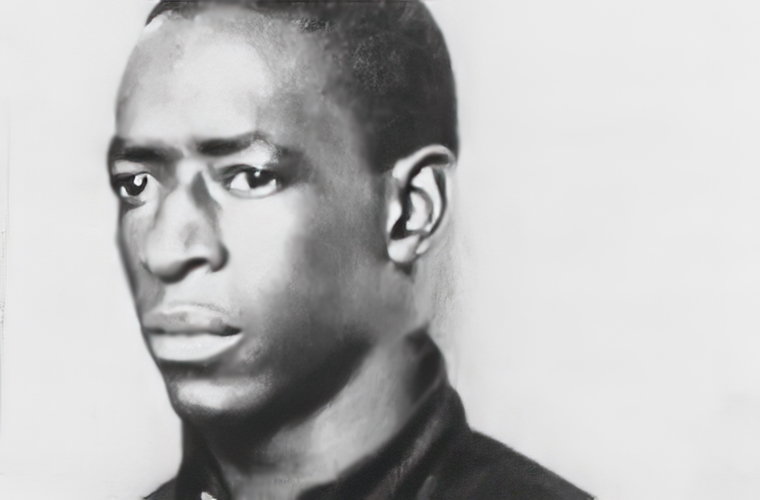Marquette Frye was a young black man who became a symbol of the Watts riots in 1965. His arrest for drunk driving sparked a six-day rebellion that left 34 people dead, over 1,000 injured, and $40 million in property damage. Frye’s story is a tragic one that reflects the deep-seated racial tensions and social injustices that plagued Los Angeles and the United States during the Civil Rights era. Frye was born in 1940 in Louisiana and moved to Los Angeles with his family when he was a child. He grew up in the Watts neighborhood, which was predominantly black and poor. Frye dropped out of high school and struggled to find steady work. He had a criminal record for petty theft and drug possession.
On August 11, 1965, Frye was driving his mother’s car on Avalon Boulevard when he was pulled over by California Highway Patrol officers Lee W. Minikus and Craig E. Irwin for suspicion of driving under the influence. Frye failed a field sobriety test and was arrested. His mother, Rena Price, and his brother, Ronald Frye, arrived on the scene and argued with the officers. A crowd gathered, and tensions escalated.



The police officers called for backup, and more officers arrived on the scene. The crowd became hostile, throwing rocks and bottles at the police. The situation quickly spiraled out of control, with looting and arson breaking out across the Watts neighborhood. The National Guard was called in to restore order. Frye’s arrest was the spark that ignited the Watts riots, but the underlying causes were much deeper. The Watts neighborhood was overcrowded, with high unemployment, poor housing conditions, and inadequate public services. The black community faced systemic discrimination and police brutality. The civil rights movement had been gaining momentum across the country, but progress had been slow in Los Angeles.
The Watts riots lasted six days, during which time Frye was held in custody. He was charged with drunk driving and resisting arrest. His mother and brother were also arrested. Frye’s case became a cause célèbre for civil rights activists, who saw it as an example of police brutality and racial injustice. Frye pleaded guilty to the charges against him and was sentenced to six months in jail. He served his time and was released in February 1966. However, his life never returned to normal. He struggled with alcoholism and drug addiction, and he had trouble finding work due to his criminal record. He died in 1986 at the age of 46 from pneumonia.
The legacy of Marquette Frye lives on in the memory of the Watts riots. The rebellion sparked a national conversation about race relations and police brutality that continues to this day. The Watts neighborhood has undergone significant changes since 1965, but it remains one of the poorest and most disadvantaged areas of Los Angeles. The story of Marquette Frye is a reminder of the ongoing struggle for social justice and equality in America.

